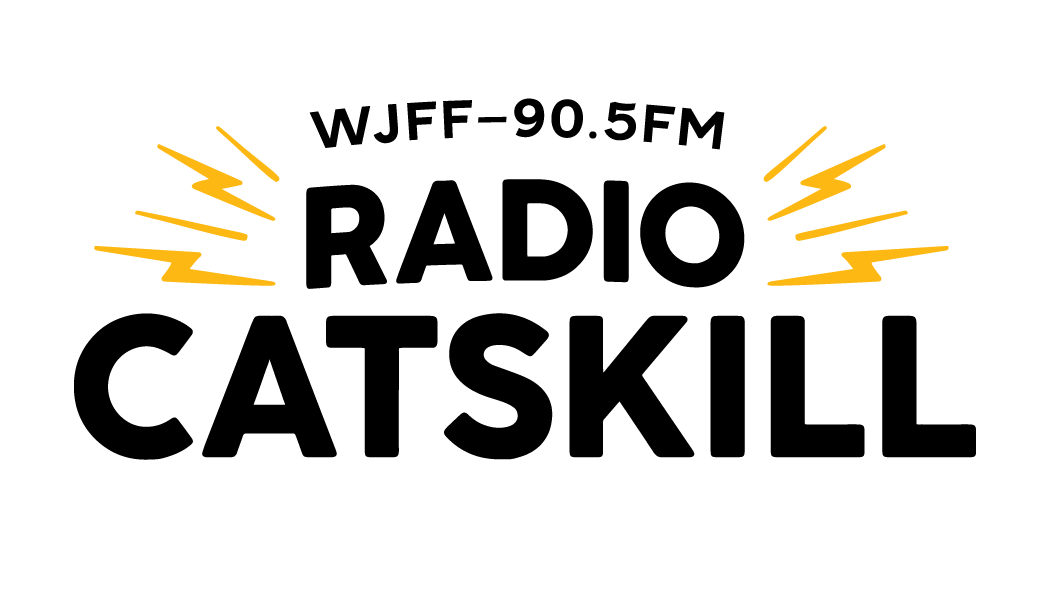This story originally appeared in New York Focus, a nonprofit news publication investigating power in New York. Sign up for their newsletter here.
NEW YORK STATE · August 8, 2025
There are 1,500 families on the program waitlist in New York City alone, new state data shows.
By Julia Rock , New York Focus
More than a third of New York counties, home to over half of the state’s population, have stopped enrolling eligible parents in the state’s child care voucher program, new data shows.
At least 21 counties were not accepting applicants for the vouchers as of early July due to lack of funding. Thirteen are keeping waitlists; 1,500 families are on New York City’s waitlist alone. (Counties are required to provide the vouchers to parents who are homeless, receiving cash assistance, or involved in the child welfare system, but can turn down other income-eligible parents when funds run low.)
The state Office of Children and Family Services, or OCFS, published data on the program online after New York Focus requested it under the Freedom of Information Law.
The data sheds light on the status of the Child Care Assistance Program, which covers almost the entire cost of private child care for nearly 100,000 low- and middle-income families, after a drawn-out battle over its funding during state budget negotiations earlier this year.
The program has been a priority for Governor Kathy Hochul, who alongside the legislature had quadrupled spending on it to $1.1 billion in recent years and expanded eligibility to middle-income New Yorkers so that, for instance, a family of three earning up to $95,000 qualifies.
But the funding boosts did not keep pace with the growing demand that followed, and the shortfall reached a tipping point this winter.
In February, New York City social services officials, who administer the program locally, warned that if state funding remained flat in this year’s budget, the city would have to start removing thousands of parents from the program each month. Legislators from the city pushed for a $900 million funding boost from the state.
The final state budget, passed in May, included an additional one-year investment of $350 million for New York City and $50 million for the rest of the state, bringing total state spending on the program to $1.5 billion this year.
New York City also increased its spending on the program to $381 million, but the additional funding has not been enough to allow new parents to start enrolling, according to the city Administration for Children’s Services.
In addition to the 21 counties not accepting new parents, four counties said in early July that they might have to start turning down parents later in the month. One of those counties, Schenectady, told New York Focus that applications are still open; the other three did not comment. As of early July, enrollment remained open in 37 counties.
Counties outside of New York City will not be able to access the $50 million in new funding until March of next year, according to an OCFS memo.
“We want the $50 million to go to counties immediately,” said Assemblymember Andrew Hevesi, chair of his chamber’s Committee on Children and Families. “The regulations that have been attached to it [by OCFS] are more strict than they should be.”
To access the $50 million pot, OCFS requires counties to spend their entire existing allocation first.
Many counties see the requirement as impractical, said Pete Nabozny, policy director at Rochester-based advocacy organization The Children’s Agenda. Counties don’t know how much of the $50 million they’d receive, and social service administrators are reluctant to deplete their budget without a guarantee that their share would be sufficient to keep parents enrolled.
“The way the state is structuring it … it’s just not working,” said Nabozny. “It’s not helping relieve the crunch on funding or helping more families get assistance.”
An OCFS spokesperson told New York Focus that the agency is “working with local governments across the state to use this funding to continue to deliver child care assistance for their constituents.”
Child care costs over $20,000 a year on average in New York, higher than nearly every other state. Hochul, who made affordability a centerpiece of her agenda, has said she wants to create a “pathway to universal child care.” In June, Queens state Assemblymember Zohran Mamdani won the New York City Democratic mayoral nomination on an affordability platform that promised universal free child care.
Mamdani wants to expand the city’s existing universal pre-K programs, which provide free care for 3- and 4-year-olds, to cover every child between 6 weeks and 5 years old.
He has said the plan will cost between $5 billion and $7 billion a year, and would be funded by higher taxes on wealthy New Yorkers and corporations. Hochul, for her part, has said that higher taxes are a nonstarter.
Meanwhile, advocates say the state Child Care Assistance Program needs a bigger, permanent investment to meet growing demand and expanded eligibility. “We will have another bite at the apple with the state budget next year, but it’s going to be coming in a pretty challenging budget year” because of the impacts of federal cuts, said Nabozny.
Photos: DAPA images; Aflo images/Canva | Illustration: Leor Stylar

